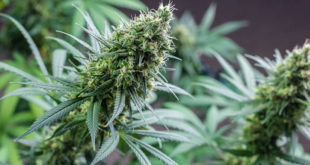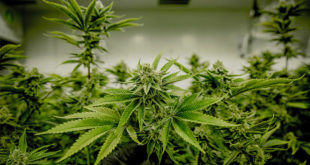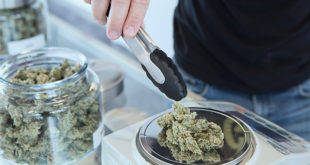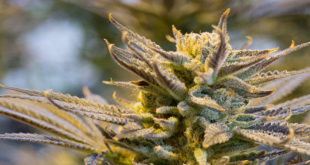
Many states that have legalized medical and/or recreational marijuana hastily implemented biased zero-tolerance or “inactive marijuana metabolites present” laws toward marijuana-DUI because of a lack in scientific evidence to support these state governments’ that are forced to make marijuana-related laws.
A recent study by the American Association of Clinical Chemistry (AACC) found that THC blood concentrations increase significantly with alcohol consumption, which could impact states’ legal limits for driving under the influence.
The study tested many different doses of marijuana and alcohol combinations, and compared them with control and placebo groups. Without alcohol, THC concentrations fell between 32.7 and 42.2 µg/L THC with low and high doses respectively, but with alcohol those concentrations increased to 35.3 and 67.5 µg/L THC.
More research is being conducted in this area that will hopefully help lead lawmakers to creating rational marijuana-DUI laws.
 Illinois Marijuana Info IL Marijuana Info | Marijuana Info IL
Illinois Marijuana Info IL Marijuana Info | Marijuana Info IL





